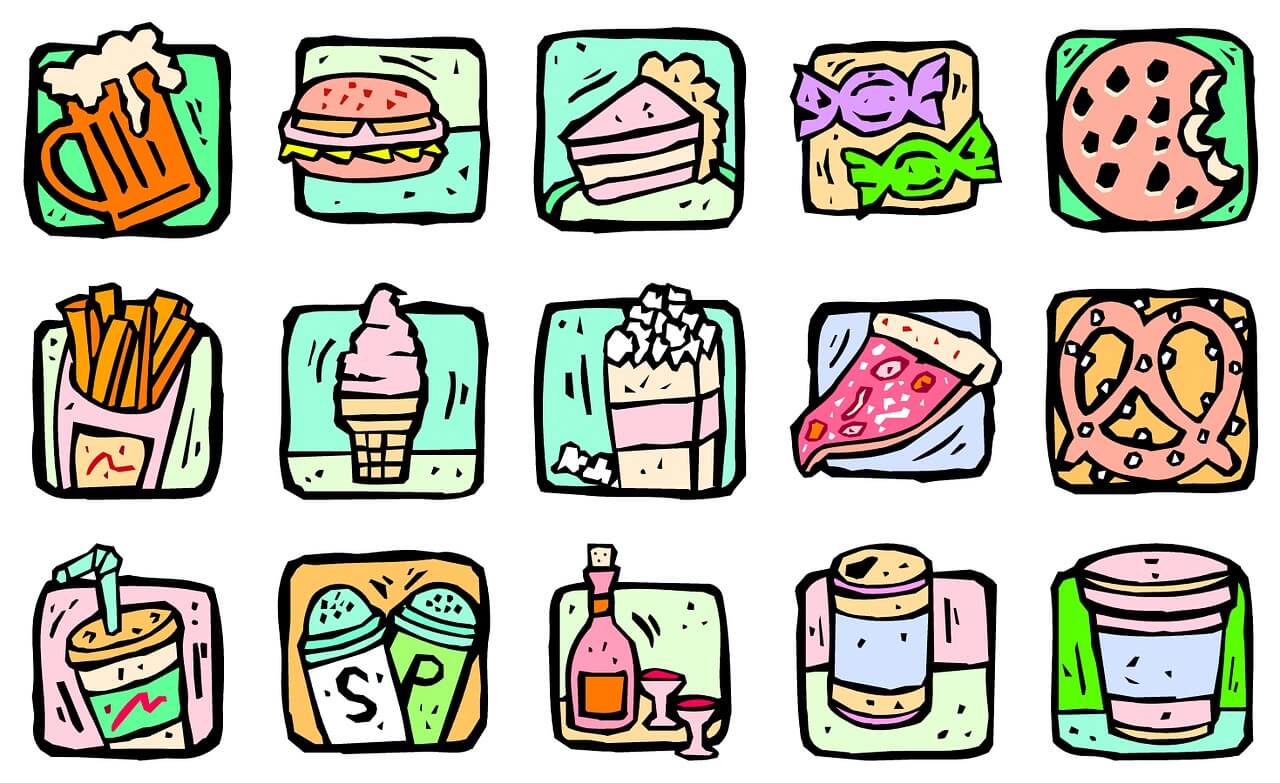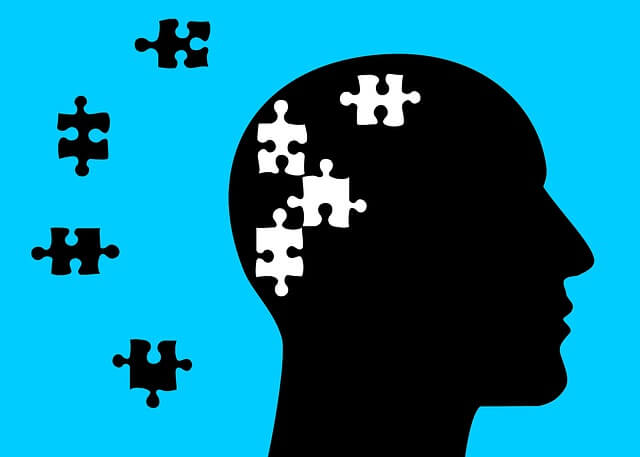Our daily discomforts are often caused by eating the wrong food. But how can you tell if you have unhealthy eating habits? The answer is: by listening to your body and paying attention to certain symptoms. There are, in fact, at least 5 effects of an unhealthy diet.
Well-balanced nutrition is the key of good health. Unbalanced nutrition, be it too strict diets or eating habits involving too many fats, carbs and too much sugar, negatively affects our body and mind.
5 effects of an unhealthy diet:
1 – Memory disorders
Omega-3 fatty acids are essential for our brain and memory and help them function properly. Omega-3 deficiency may lead to difficulty in concentrating and memory disorders. If you have happened to have such a symptom, it is advisable to increase the Omega-3 intake through nutrition, by eating more foods rich in these fatty acids, such as:
- fish,
- walnuts,
- flaxseeds and flaxseed oil,
- wheat germ.
Omega-3 requirements may be met by food supplementation too.
2 – Appetite loss, mood shifts, fatigue and shortness of breath.
Appetite loss may be positive if you are trying to lose weight, but at the same time it may be the sign if much more serious disorders, like depression.
If appetite loss comes with other symptoms, such as fatigue and shortness of breath, you may suffer from anemia, caused by iron deficiency.
In this case you may want to take iron supplementation or add more iron-rich foods to your daily diet. Such foods are:
- liver,
- kidney,
- octopus,
- oysters,
- squids,
- egg yolk,
- algae (spirulina),
- legumes (beans, lentils),
- walnuts,
- parsley,
- spinach,
- beef,
- sardines,
- turkey,
- ham etc.
3 – Intestinal disorders
Unhealthy eating habits affect our intestines negatively. An unbalanced diet always leads to gastrointestinal disorders, which in turn may result in serious consequences for our health. Intestine is accountable for hormonal balance. As a matter of fact, serotonin get secreted in the small intestine: serotonin is also known as the “happiness hormone”, because of its key role in our mental wellbeing!
If you want to improve digestion, intestinal activity and, at the same time, ward off depression, it is essential to eat zinc-rich foods, such as:
- wheat germ,
- cheese (ricotta, mozzarella, gouda etc…),
- liver and veal,
- shellfish (especially oysters),
- pumpkin seeds,
- mushrooms,
- egg yolk,
- walnuts,
- plain (dark) chocolate.
4 – Menstrual disorders
Menstrual disorders are common symptoms in case of a thyroid dysfunction. Not only are thyroid hormones accountable for menstrual period, but also for our metabolism. If your menstrual period has gone through changes, it is advisable to see an endocrinologist, to make sure it is not thyroid dysfunction.
Thyroid often happens not to function properly because of iodine deficiency. Daily iodine requirements for an adult individual are of 150 micrograms. Iodine-rich foods are:
- sea fish,
- crustaceans,
- eggs,
- cow milk,
- cereals,
- Kelp algae,
- walnuts.
5 – Leg cramps
Legs cramps are troublesome and painful symptoms. Even these symptoms may be caused by unbalanced nutrition and unhealthy eating habits, especially by magnesium deficiency. If you suffer from legs cramps, it may help to take magnesium supplementation and increase the consumption of magnesium-rich foods, such as:
- pumpkin seeds,
- avocados,
- peas,
- pine nuts,
- bananas,
- whole rice,
- lentils,
- boiled spinach,
- bitter cocoa (and dark chocolate),
- sesame seeds,
- dried dates,
- tofu etc.
Not only may unbalanced nutrition and the deficiency of the nutrients we have listed above cause troublesome symptoms, but even the onset of depression. We should never underestimate the importance of a well-balanced and nutrient-rich diet, because it helps prevent even serious health issues.
Thank you for reading Do you know if you have unhealthy eating habits? 5 effects of an unhealthy diet., and if you find this article useful, please comment below and share it so other people can benefit from it as well!






